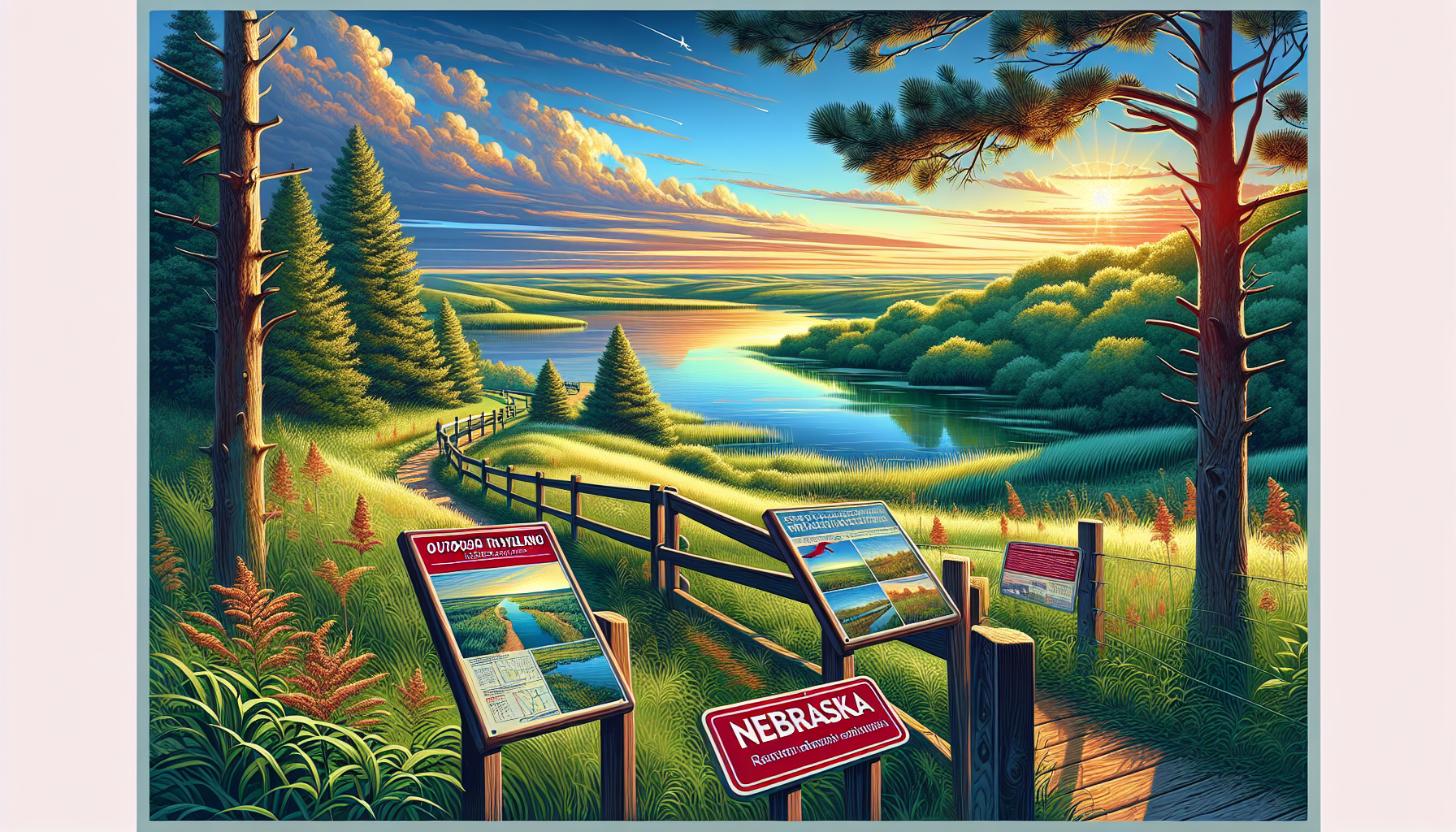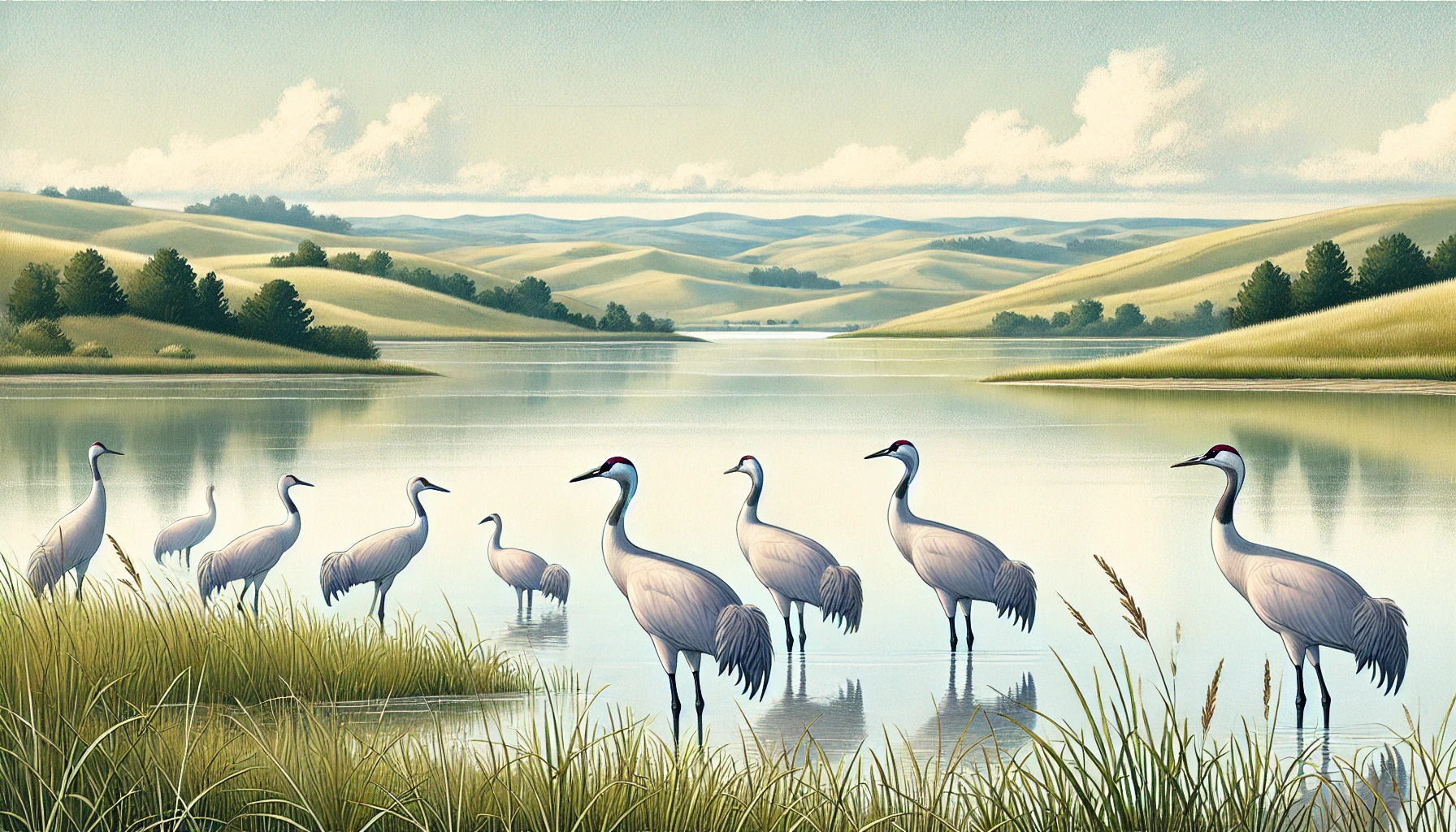Traveling Through Nebraska: College World Series Omaha

Located in downtown Omaha, at 1200 Mike Fahey Street and within walking distance of the city's historic Old Market district, the College World Series (CWS) is the final championship series of the National Collegiate Athletic Association (NCAA) Division I Baseball Championship. Since 1950, the CWS has been held annually in Omaha, with the exception of 2020 when it was canceled due to the COVID-19 pandemic. The event typically takes place over a period of approximately two weeks in late June, attracting more than 300,000 fans to the city.
The series is played at Charles Schwab Field Omaha, a baseball stadium situated near the Missouri River. With a seating capacity of over 24,000, the stadium is designed to offer stunning views of the surrounding cityscape. Prior to 2011, the series was held at Rosenblatt Stadium, which was also located in Omaha but has since been demolished. The event has become an integral part of Omaha's culture, with local businesses and residents often embracing the festive atmosphere.
Throughout the years, the College World Series has showcased some of the most talented players in college baseball, many of whom have gone on to successful careers in the major leagues. For example, former CWS participants include MLB stars like Kris Bryant, Dansby Swanson, and Mike Zunino, all of whom won national championships during their college careers. Additionally, several CWS games have become iconic in sports lore, such as the 2011 championship series between South Carolina and Florida.
To accommodate the influx of visitors during the CWS, the city of Omaha and local organizations offer a range of events and activities tailored to fans of all ages. One notable example is the NCAA College World Series Fan Zone, situated in the Lot A/B area adjacent to Charles Schwab Field. The Fan Zone features a variety of attractions, including live music performances, interactive exhibits, and food vendors serving local cuisine. Furthermore, Omaha's Henry Doorly Zoo and Aquarium typically offers discounted admission to CWS ticket holders, providing an additional family-friendly activity for fans.
In terms of its economic impact, the College World Series generates substantial revenue for the city of Omaha, with estimates suggesting that the event injects around $70 million into the local economy annually. This financial boost is distributed across a wide range of sectors, including hospitality, retail, and transportation. The event also receives nationwide media coverage, often highlighting the city's attractions and amenities.
In 2020, the NCAA Board of Governors voted to extend the CWS contract with the city of Omaha through 2035, ensuring the continuation of this beloved tradition for years to come. With its unique blend of exciting baseball action, lively atmosphere, and community involvement, the College World Series remains an integral part of Omaha's identity and a showcase for its warm hospitality.
As a notable aspect of Omaha's sports culture, the CWS continues to captivate fans from around the world. The series' enduring legacy is a testament to the strength of college baseball and the welcoming nature of the city that hosts it.
As a sports event deeply ingrained in the fabric of Omaha, the CWS serves as a symbol of community pride and civic engagement.
The series is played at Charles Schwab Field Omaha, a baseball stadium situated near the Missouri River. With a seating capacity of over 24,000, the stadium is designed to offer stunning views of the surrounding cityscape. Prior to 2011, the series was held at Rosenblatt Stadium, which was also located in Omaha but has since been demolished. The event has become an integral part of Omaha's culture, with local businesses and residents often embracing the festive atmosphere.
Throughout the years, the College World Series has showcased some of the most talented players in college baseball, many of whom have gone on to successful careers in the major leagues. For example, former CWS participants include MLB stars like Kris Bryant, Dansby Swanson, and Mike Zunino, all of whom won national championships during their college careers. Additionally, several CWS games have become iconic in sports lore, such as the 2011 championship series between South Carolina and Florida.
To accommodate the influx of visitors during the CWS, the city of Omaha and local organizations offer a range of events and activities tailored to fans of all ages. One notable example is the NCAA College World Series Fan Zone, situated in the Lot A/B area adjacent to Charles Schwab Field. The Fan Zone features a variety of attractions, including live music performances, interactive exhibits, and food vendors serving local cuisine. Furthermore, Omaha's Henry Doorly Zoo and Aquarium typically offers discounted admission to CWS ticket holders, providing an additional family-friendly activity for fans.
In terms of its economic impact, the College World Series generates substantial revenue for the city of Omaha, with estimates suggesting that the event injects around $70 million into the local economy annually. This financial boost is distributed across a wide range of sectors, including hospitality, retail, and transportation. The event also receives nationwide media coverage, often highlighting the city's attractions and amenities.
In 2020, the NCAA Board of Governors voted to extend the CWS contract with the city of Omaha through 2035, ensuring the continuation of this beloved tradition for years to come. With its unique blend of exciting baseball action, lively atmosphere, and community involvement, the College World Series remains an integral part of Omaha's identity and a showcase for its warm hospitality.
As a notable aspect of Omaha's sports culture, the CWS continues to captivate fans from around the world. The series' enduring legacy is a testament to the strength of college baseball and the welcoming nature of the city that hosts it.
As a sports event deeply ingrained in the fabric of Omaha, the CWS serves as a symbol of community pride and civic engagement.
